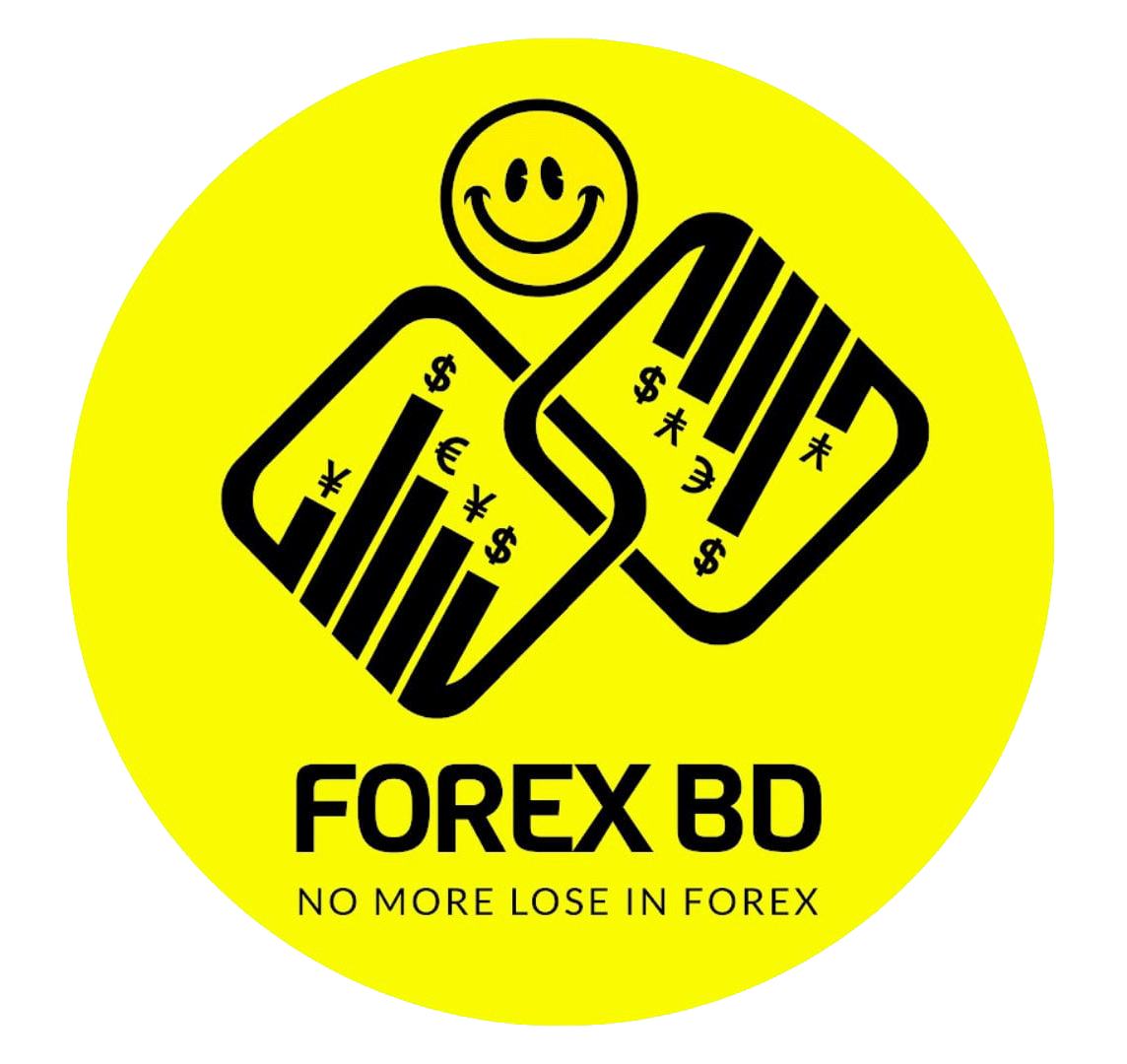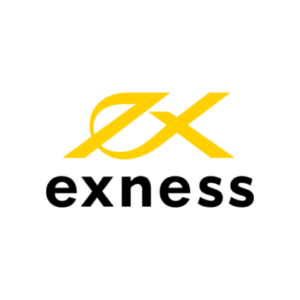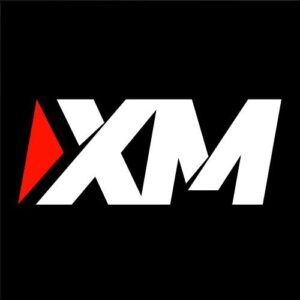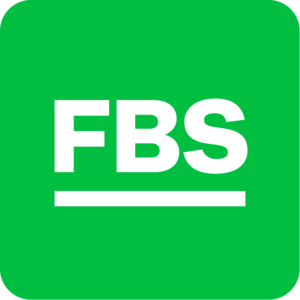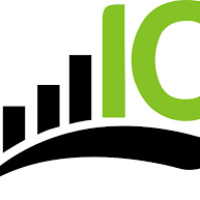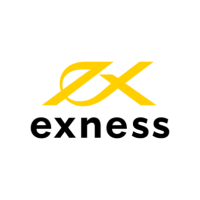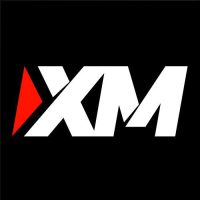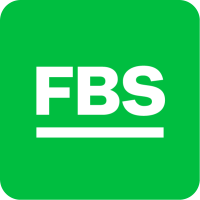Forex, also known as foreign exchange or currency trading, is a decentralized global market where people trade currencies. It’s the world’s largest financial market, with trillions of dollars worth of transactions taking place every day. In this article, we’ll explain what Forex is, how it works, and what new traders should know before getting started.
Table of Contents
- Introduction to Forex
- How Forex Works
- Forex Trading Strategies
- Key Players in the Forex Market
- Risks and Benefits of Forex Trading
- Getting Started with Forex Trading
- Choosing a Broker
- Setting up a Trading Account
- Types of Forex Orders
- Understanding Forex Charts
- Technical Analysis in Forex Trading
- Fundamental Analysis in Forex Trading
- Common Forex Trading Mistakes
- Forex Trading Psychology
- Conclusion
Introduction to Forex
Forex is short for foreign exchange, and it refers to the trading of currencies from different countries. The Forex market is decentralized, which means that there’s no central exchange where all the trading takes place. Instead, traders from all over the world use electronic communication networks (ECNs) to buy and sell currencies.
The Forex market is open 24 hours a day, five days a week, which means that you can trade at any time of the day or night. The market is most active during the overlapping hours of the European and US trading sessions.
How Forex Works
Forex trading involves buying one currency and selling another at the same time. Currencies are always traded in pairs, such as EUR/USD or USD/JPY. When you buy a currency pair, you’re essentially buying the base currency and selling the quote currency.
The exchange rate between two currencies is determined by a number of factors, including economic and political events, interest rates, and market sentiment. Traders use a variety of tools and strategies to analyze these factors and make trading decisions.
Forex Trading Strategies
There are many different Forex trading strategies, ranging from simple to complex. Some of the most popular strategies include:
- Scalping: Making many small trades in a short period of time to capture small price movements.
- Day trading: Buying and selling currencies within the same day.
- Swing trading: Holding positions for several days or weeks to capture larger price movements.
- Position trading: Holding positions for several months or even years based on long-term trends.
Key Players in the Forex Market
There are several key players in the Forex market, including central banks, commercial banks, hedge funds, and individual traders. Central banks play a particularly important role in the market, as they can influence exchange rates by adjusting interest rates and other monetary policy tools.
Risks and Benefits of Forex Trading
Forex trading can be highly profitable, but it also carries significant risks. The market is highly volatile, which means that prices can fluctuate rapidly and unpredictably. Traders can lose money quickly if they don’t have a solid trading plan and risk management strategy in place.
On the other hand, Forex trading offers several benefits, including:
- High liquidity: There’s always a buyer and a seller in the Forex market, which means that you can enter and exit trades quickly and easily.
- Low transaction costs: Most Forex brokers charge low transaction fees or no fees at all, which makes it easier to trade profitably.
- Accessible: You can start trading Forex with as little as a few hundred dollars, and there are many online resources available to help you get started.
Getting Started with Forex Trading
If you’re interested in Forex trading, there are a few key steps you’ll need to take:
Choosing a Broker
The first step is to choose a Forex broker. There are many brokers to choose from, so it’s important to do your research and find one that meets your needs. Look for a broker that is regulated by a reputable financial authority, has a good reputation in the industry, and offers competitive trading conditions.
Setting up a Trading Account
Once you’ve chosen a broker, you’ll need to set up a trading account. This typically involves filling out an online application and providing some personal and financial information. You’ll also need to deposit funds into your account in order to start trading.
Types of Forex Orders
There are several different types of orders that you can use when trading Forex. The most common types include:
- Market orders: These are orders to buy or sell a currency pair at the current market price.
- Limit orders: These are orders to buy or sell a currency pair at a specific price or better.
- Stop orders: These are orders to buy or sell a currency pair once it reaches a certain price level.
- Trailing stop orders: These are stop orders that are adjusted automatically as the price moves in your favor.
Understanding Forex Charts
Forex traders use charts to analyze price movements and identify trading opportunities. There are several different types of charts, including line charts, bar charts, and candlestick charts. Each chart type provides different information about price movements and can be used in different ways.
Technical Analysis in Forex Trading
Technical analysis involves using charts and other technical indicators to identify trends and patterns in price movements. Some of the most popular technical indicators include moving averages, Bollinger Bands, and Relative Strength Index (RSI).
Fundamental Analysis in Forex Trading
Fundamental analysis involves analyzing economic and political events and their impact on the currency markets. This can include factors such as interest rates, GDP, inflation, and geopolitical events.
Common Forex Trading Mistakes
There are several common mistakes that new Forex traders make, including:
- Overtrading: Making too many trades or risking too much on a single trade.
- Failing to use stop-loss orders: Not using stop-loss orders to limit losses if a trade goes against you.
- Ignoring risk management: Failing to have a solid risk management strategy in place.
- Trading without a plan: Failing to have a well-defined trading plan that includes entry and exit points, risk management rules, and profit targets.
Forex Trading Psychology
Forex trading can be emotionally challenging, and it’s important to have the right mindset in order to be successful. Some tips for maintaining a positive trading psychology include:
- Sticking to your trading plan and avoiding emotional trading decisions.
- Keeping your losses small and your profits large.
- Maintaining a positive attitude and avoiding negative self-talk.
Conclusion
Forex trading can be a lucrative and exciting opportunity for new traders, but it’s important to approach it with caution and a solid understanding of the market. By following the steps outlined in this article and using a disciplined and well-planned approach, you can increase your chances of success in the Forex market.
Name
Details
Rating
Regulation: CySEC, FCA, DFSA, FSCA, FSA, CMA
Founded: 2008
Founders: Petr Valov, Igor Lychagov
Year Founded : 2008
Deposit Methods: VISA, MasterCard, Neteller, Skrill, WM, PM, Crypto (MORE)
Leverage: 1:30 | 1:500
Regulation: CySEC, FCA, DFSA, FSCA, FSA.
Min. Deposit: 5 US$
Min. Withdraw : 5 US$
HQ: Sydney, Australia
Platforms: MT4, MT5, ctrader, web trading
Found in: January 30, 2007
Deposit Methods: Bank Wire (BankTransfer), VISA, MasterCard, Neteller, Skrill, WM, PM, Crypto
Year Founded : 2010
Cryptocurrencies:
 Yes
YesDeposit Methods: Local Deposit, Bank Wire (BankTransfer), VISA, MasterCard, Neteller, Skrill, WM, PM, Crypto, USDT
Year Founded : 2010
Cryptocurrencies: (5+) Bitcoin, Litecoin, Ethereum
Deposit Methods: Local Deposit, Bank Wire (BankTransfer), VISA, MasterCard, Neteller, Skrill, WM, PM, Crypto, USDT (MORE)
Year Founded : 2009
Cryptocurrencies:



Deposit Methods: Bank Wire (BankTransfer/SWIFT), VISA, MasterCard, Alipay, Bitcoin, Bitcoin Cash, Boleto, Ether/Ethereum, Litecoin, Local Bank Deposits, M-Pesa, Mobile Money, Monero, PerfectMoney, Ripple, WebMoney
Year Founded : 2009
Cryptocurrencies:



Deposit Methods: Local Deposit, Bank Wire (BankTransfer), VISA, MasterCard, Neteller, Skrill, WM, PM, Crypto, USDT
Year Founded : 2009
Cryptocurrencies:



Deposit Methods: Bank Wire (BankTransfer/SWIFT), VISA, MasterCard, Alipay, Bitcoin, Bitcoin Cash, Boleto, Ether/Ethereum, Litecoin, Local Bank Deposits, Mobile Money, PerfectMoney, WebMoney, USDT
Year Founded : 2011
Cryptocurrencies: (25+) Bitcoin, Litecoin, Ethereum
Deposit Methods: Bank Deposit, VISA, awepay, Bitcoin, FasaPay, Local Bank Deposits, Local Bank Transfers, Neteller, paytm, Skrill, UnionPay, USDT
Leverage: 1:20 | 1:500
Regulation: CySEC, FCA, DFSA, FSCA, FSA.
Min. Deposit: 50 US$
Min. Withdraw : 50 US$
HQ: Australia, Cyprus, and the UK.
Platforms: MT4, cTrader, web trading
EAs/Robots: ✅ Yes | News Trading: ✅ Yes | Scalping: ✅ Yes
Cryptocurrencies: 20+) Bitcoin, Litecoin, Ethereum
Deposit Methods: Local Deposit, Bank Wire (BankTransfer), VISA, MasterCard, Neteller, Skrill, Crypto. USDT
Leverage: 1:20 | 1:500
Regulation: CySEC, FCA, DFSA, FSCA, FSA.
Min. Deposit: 100 US$
Min. Withdraw : 100 US$
HQ: Cyprus, the UK, Australia, and the United States.
Platforms: MT4, cTrader, web trading
EAs/Robots: ✅ Yes | News Trading: ✅ Yes | Scalping: ✅ Yes
Cryptocurrencies: 20+) Bitcoin, Litecoin, Ethereum
Deposit Methods: Local Deposit, Bank Wire (BankTransfer), VISA, MasterCard, Neteller, Skrill, Crypto. USDT
Leverage: 1:20 | 1:500
Regulation: CySEC, FCA, DFSA, FSCA, FSA.
Min. Deposit: 50 US$
Min. Withdraw : 50 US$
HQ: Australia, Cyprus, and the UK.
Platforms: MT4, cTrader, web trading
EAs/Robots: ✅ Yes | News Trading: ✅ Yes | Scalping: ✅ Yes
Cryptocurrencies: 20+) Bitcoin, Litecoin, Ethereum
Deposit Methods: Local Deposit, Bank Wire (BankTransfer), VISA, MasterCard, Neteller, Skrill, Crypto. USDT
Year Founded : 2010
Cryptocurrencies:



Deposit Methods: Local Deposit, Bank Wire (BankTransfer), VISA, MasterCard, Neteller, Skrill, WM, PM, Crypto, USDT
A Forex broker is a financial services company that provides traders with access to the foreign exchange market. The primary function of a Forex broker is to facilitate the buying and selling of currencies by acting as an intermediary between the trader and the market ( Forex BD / BD Forex / ForexBD / ForexBDLTD / Forex bd LTD / @forexbd )..
Forex brokers offer traders a variety of services, including trading platforms, market analysis, and educational resources. They also provide access to leverage, which allows traders to control larger positions with a smaller amount of capital.
Forex brokers can operate in different ways, such as market makers, which set their own bid and ask prices and take the opposite side of their clients’ trades, or as agency brokers, which pass their clients’ orders directly to the market without any intervention.
Choosing a reliable and trustworthy Forex broker is important for traders to ensure that they receive fair and transparent pricing, access to a range of financial instruments, and adequate customer support ( Forex BD / BD Forex / ForexBD / ForexBDLTD / Forex bd LTD / @forexbd )..
Forex brokers play an important role in the foreign exchange market by providing liquidity and enabling traders to participate in the market with ease. Forex brokers offer a wide range of services and tools to traders, including:
Trading Platforms: Forex brokers provide traders with access to trading platforms that allow them to place trades, analyze the market, and manage their trading accounts.
Market Analysis: Forex brokers offer traders access to market analysis, including news, research, and economic data. This can help traders make informed decisions about when to enter or exit the market.
Educational Resources: Forex brokers often provide educational resources, such as webinars, videos, and tutorials, to help traders improve their trading skills and knowledge.
Leverage: Forex brokers offer traders access to leverage, which allows traders to control larger positions with a smaller amount of capital. However, it’s important to note that leverage can increase both potential profits and losses.
Customer Support: Forex brokers provide customer support to help traders with any questions or issues they may have ( Forex BD / BD Forex / ForexBD / ForexBDLTD / Forex bd LTD / @forexbd )..
When choosing a Forex broker, traders should consider factors such as the broker’s reputation, regulation, trading conditions, fees and commissions, and customer support. It’s important to choose a broker that is reliable, transparent, and offers competitive pricing and trading conditions.
Forex brokers provide traders with access to various types of trading platforms, each with its own unique features and advantages. Here are some of the most common types of Forex broker platforms:
MetaTrader 4 (MT4): MT4 is one of the most popular Forex trading platforms, used by millions of traders worldwide. It is known for its user-friendly interface, extensive charting tools, and support for automated trading through Expert Advisors (EAs) ( Forex BD / BD Forex / ForexBD / ForexBDLTD / Forex bd LTD / @forexbd )..
MetaTrader 5 (MT5): MT5 is the newer version of MT4 and offers additional features and improvements, such as more advanced charting tools, additional order types, and support for more financial instruments.
cTrader: cTrader is a trading platform that offers advanced charting tools, support for automated trading, and fast order execution. It is known for its user-friendly interface and customization options.
WebTrader: WebTrader is a browser-based trading platform that allows traders to access the market from any device with an internet connection. It is a popular choice for traders who prefer a simple and easy-to-use platform ( Forex BD / BD Forex / ForexBD / ForexBDLTD / Forex bd LTD / @forexbd )..
Mobile Trading Platforms: Forex brokers also offer mobile trading platforms that allow traders to access the market and manage their positions from their smartphones or tablets. These platforms typically offer a range of features, including real-time quotes, charts, and news updates.
When choosing a Forex broker platform, it’s important to consider factors such as ease of use, charting tools, order types, automated trading options, customization options, and compatibility with your trading style and strategy. Ultimately, the best platform for you will depend on your individual needs and preferences as a trader.
Forex brokers can be categorized into different types based on their business model and the services they offer to their clients. Here are some of the most common types of Forex brokers ( Forex BD / BD Forex / ForexBD / ForexBDLTD / Forex bd LTD / @forexbd ). :
Dealing Desk (DD) Brokers: Dealing Desk brokers, also known as market makers, act as counterparties to their clients’ trades. They provide liquidity to the market by taking the opposite side of their clients’ trades, and may also offer fixed spreads, guaranteed stop-loss orders, and other risk management tools.
No Dealing Desk (NDD) Brokers: No Dealing Desk brokers do not act as counterparties to their clients’ trades, but instead route their orders directly to liquidity providers, such as banks, financial institutions, and other brokers. NDD brokers typically offer variable spreads and faster order execution speeds than DD brokers.
Electronic Communication Network (ECN) Brokers: ECN brokers are similar to NDD brokers, but instead of routing orders to a single liquidity provider, they connect their clients to a network of liquidity providers, which compete to offer the best bid and ask prices. ECN brokers typically charge a commission for their services, but offer some of the tightest spreads and fastest order execution speeds in the market.
Straight Through Processing (STP) Brokers: STP brokers are similar to NDD brokers, but instead of routing orders directly to liquidity providers, they use automated systems to execute orders based on pre-defined trading rules. STP brokers may offer variable or fixed spreads, and may charge a commission or markup on their services.
Hybrid Brokers: Hybrid brokers combine elements of different business models, such as acting as both a market maker and an ECN broker, or offering both fixed and variable spreads. Hybrid brokers may offer a range of services and account types to meet the needs of different types of traders.
When choosing a Forex broker, it’s important to consider the broker’s business model and the services they offer, as well as their reputation, regulation, and customer support. The best broker for you will depend on your individual needs and trading style, as well as the trading conditions and fees offered by the broker.
Forex trading is a popular financial activity that involves buying and selling currencies to profit from the fluctuations in exchange rates. As with any financial activity, it is essential to choose a reputable and regulated broker to ensure the safety of your funds and a fair trading environment. In this article, we will discuss some of the top regulated forex broker houses.
Online forex trading payment methods refer to the various payment options available for forex traders to deposit or withdraw funds from their trading accounts. In the world of forex trading, payment methods play a vital role in facilitating smooth transactions, and it is important to choose a secure and reliable payment method that suits your needs.
Like, Share & Subscribe to Our Official Sites
Contact with Us :
Copyright © 2023 Forex BD
Risk Warning: Trading on financial markets carries risks. Contracts for Difference (‘CFDs’) are complex financial products that are traded on margin. Trading CFDs carries a high level of risk since leverage can work both to your advantage and disadvantage. As a result, CFDs may not be suitable for all investors because you may lose all your invested capital. You should not risk more than you are prepared to lose. Before deciding to trade, you need to ensure that you understand the risks involved and take into account your investment objectives and level of experience.
Disclaimer : Forexbd.ltd is not encouraging anyone to do forex/stock trading, as there are investments and financial risks involved. ForexBD channel or videos are educational and informative. Before deciding to invest in the forex market, you should carefully consider your investment objectives, level of experience, and risk appetite.
#ForexTrading #ForexMarket #ForexBroker #ForexSignals #ForexAnalysis #ForexEducation #ForexPlatform #ForexTools #ForexStrategy #ForexTradingTips #ForexInvesting #ForexNews #CurrencyTrading #OnlineTrading #TradingSoftware #TechnicalAnalysis #FundamentalAnalysis #RiskManagement #MarketResearch #TradingCommunity #ForexTradingSignals #ForexTradingSystem #ForexMarketAnalysis #ForexMarketNews #ForexMarketResearch #ForexTradingStrategies #ForexTrader #ForexTradingSoftware #ForexTradingCourse #ForexTradingForBeginners #ForexTradingPlatform #ForexTradingEducation #ForexTradingAcademy #ForexTradingOnline #ForexTradingCommunity #ForexTradingCharts #ForexTradingIndicators #ForexTradingAccount #ForexTradingCoach #ForexTradingRobot
